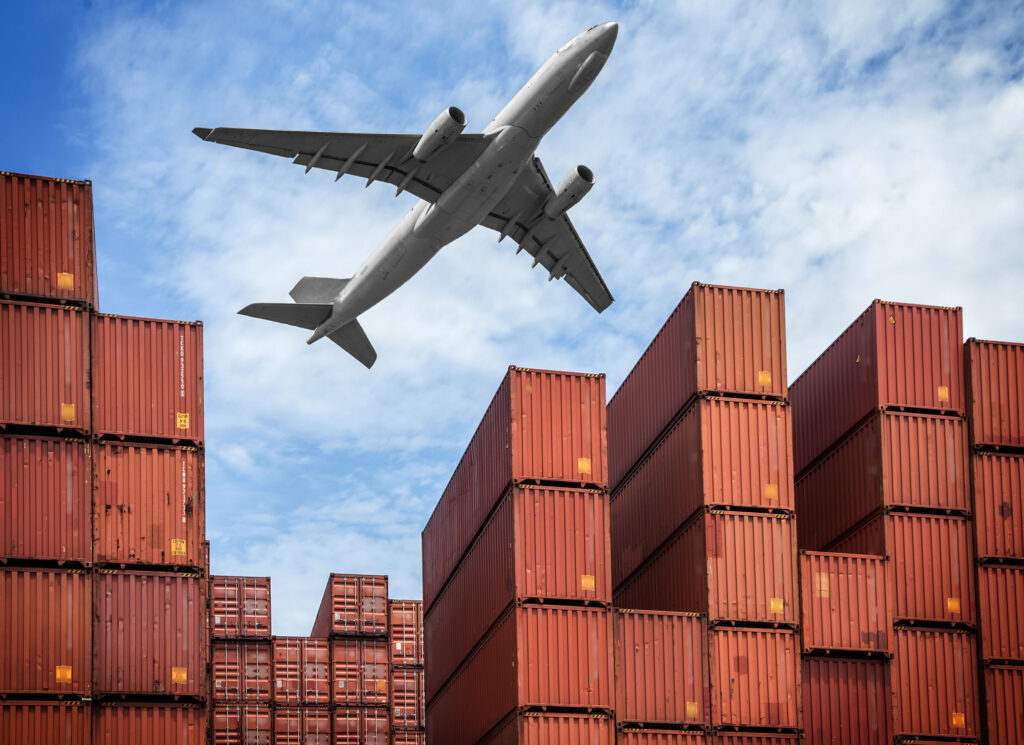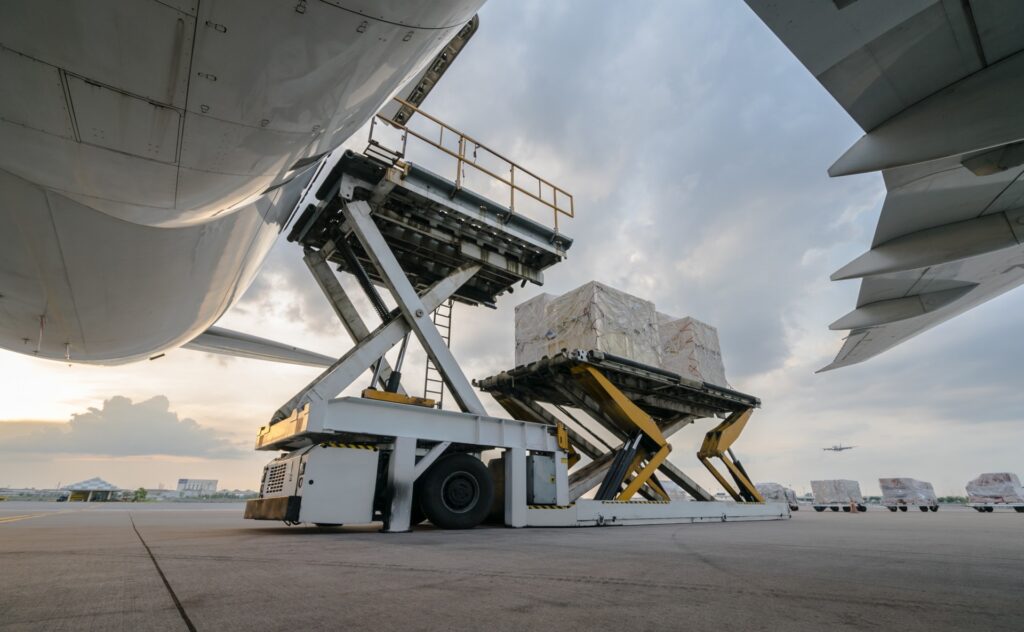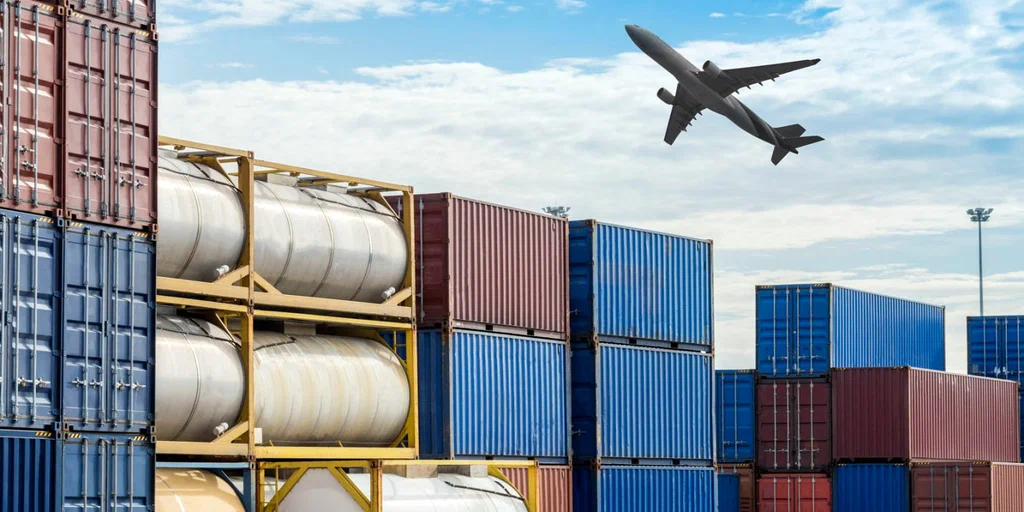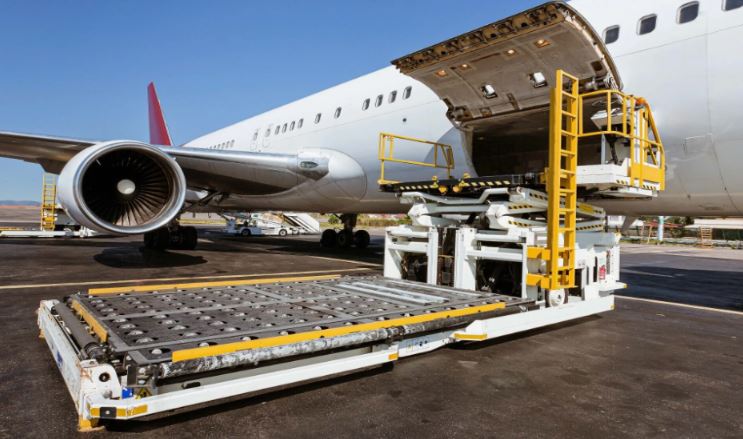Table of Contents
The air cargo in the world of fast-moving international trade and business has become an active catalyst fueling economies and companies into unprecedented levels.
Given the growing integration of nations, fast and reliable transportation solutions have never been more important to mankind. In the vanguard of this logistic revolution sits air cargo, an unyielding competitor in the world of global commerce.
In this blog post, we examine the numerous advantages of air cargo and how it has become an integral part of global supply chains.
In terms of speed and dependability, connectivity and adaptability are some of the tactical benefits that air cargo can provide businesses with an opportunity to overcome geographical boundaries while selecting a strategy on how best they will manage through the waters being unpredictable.
As we dive deeper into the complex details of air cargo, we will find that not only does it speed up shipping goods but also creates a stronger competitive and resilient environment for businesses globally.
Let us embark on this aerial voyage, uncovering the endless benefits of air cargo and understanding how it has become central to modern logistics.
What Is Air Cargo?

Air cargo is the movement of goods or cargo in an aircraft built explicitly for shipping. This form of transport is an essential part as well as one among the most important modes within the global logistics and supply chain network for rapid movement of goods across domestic boundaries to international ones.
Air cargo covers a whole variety of products from fresh goods such as fruits and flowers to expensive ones in electronics and medicine. Freight carriers, usually distinct from passenger airlines, transport these goods on dedicated cargo planes or allocate space in the holds of passenger aircraft.
Benefits of air transport are speed, punctuality and large distances in a short time. This ensures that it is the best solution for critical shipments, perishable items and products with high demand in the oil market.
Also, air cargo offers an unmatched connectivity that is essential in global trade because it joins together manufacturers, suppliers and consumers around the world.
There are different kinds of aircraft that could be used for air cargo from small regional planes to big freight jets.
Freight can be carried on ULDS, containerized ships or in bulk; this depends upon the goods and aircraft to be used.
In general, air cargo is an essential instrument in the international trade process allowing businesses to connect oceans and be on time around the world.
Read more: The Ultimate Guide to Freight Forwarding Services in Dubai
What Are The Advantages of Air Cargo?

There are many advantages of air cargo, or air freight that make it a preferred mode in different industries to transport goods. Here are some key advantages of air cargo:
- Speed:
- Rapid Transportation: Air freight is the most effective means of transportation as goods are delivered to their destinations in a shortest possible time.
- Time-sensitive Shipments: Those time sensitive shipments are best suited to include perishable goods, high-tech products like mobile phones and urgent medical supplies.
- Reliability:
- Consistent Schedules: Airlines run to a timetable, ensuring great reliability of departure and arrival times.
- Reduced Transit Time: In that sense, shorter transit times render lesser probabilities of delays than other means such as sea or land.
- Global Connectivity:
- International Reach: Air cargo provides uninterrupted global connectivity and addresses various destinations which can be hard to reach through other means of transportation.
- Remote Areas: It also allows transporting goods to remote or inaccessible regions where other means of transportation may be inconvenient.
- Security:
- Enhanced Security Measures: Airports and airlines have stringent security measures, thereby limiting potential cases of theft, damage or loss of goods while in transit.
- Controlled Access: Air cargo facilities are usually safe as safety measures limit the accessibility to freight and minimize chances of unlawful interference.
- Flexibility:
- Flexible Scheduling: Air cargo services also run on different timings, which gives options to pick the perfect departure and arrival times.
- Adaptability to Market Changes: Air cargo can readily respond to changing demands of the market and needs for supply chain.
- Reduced Inventory Costs:
- Faster Inventory Turnover: Rapid transportation results in faster inventory turnover thus, having a short warehousing period and less costs.
- Lower Holding Costs: The quickness of air freight reduces holding costs that occur due to long storage periods.
- High-Value Goods:
- Secure Transport for High-Value Items: Air cargo is the ideal method to move valuable and hi-tech commodities due to its secure condition.
- Insurance Options: Air cargo insurance is widely available in most cases to cover unexpected circumstances.
- Environmental Impact:
- Lower Carbon Emissions: Although air transportation does become a source of some emissions, the speedier transit makes for lower total amounts over longer periods as compared to slower options.
Although air cargo has so many benefits, a lot of factors must be considered in determining which mode best suits the specific shipments including cost efficiency, volume, capacity, and environmental impact.
Know more about the types of cold chains
FAQs

What are the advantages of air cargo services?
Advantages of Air Cargo Services:
- Rapid Transportation: Air transportation is the fastest mode that will ensure timely deliveries.
- Global Connectivity: Allows effortless to connect worldwide destinations.
- Secure and Reliable: Stringent security measures promote safety and dependability.
What are 3 advantages of air transport?
Three Advantages of Air Transport:
- Speed: Air transportation is the quickest form of transport.
- Connectivity: It provides global connectivity to distant or inaccessible areas.
- Reliability: Such a regularity is essential for reliable cargo transportation.
What are the pros and cons of air freight?
Pros and Cons of Air Freight:
Pros:
Speed: Quick transit times.
Reliability: Fixed timings and lowered probabilities of delays.
Security: Strict protocols enhance safety.
Cons:
Cost: Relatively higher than other modes.
Capacity: Limited space for big or cumbersome shipments.
Environmental Impact: Contributes to carbon emissions.
What are the competitive advantages of air cargo?
- Speed to Market: Faster market entry is made possible by swift transport.
- Time-Sensitive Shipments: Perfect for fast or heat-sensitive goods.
- Global Reach: Ensures businesses are linked to international markets effectively.
In summary, The Advantages of Air Cargo stand out as an unmatched power in the field of logistics thanks to various benefits that promote international trade growth.
From its unrivaled pace and dependability to world-wide connection, air cargo is a pillar in the field of efficient goods movement.
As companies seek agility and competitiveness, the strategic advantages of air cargo keep mounting with much faster deliveries that cut across distances making business global around the world.




